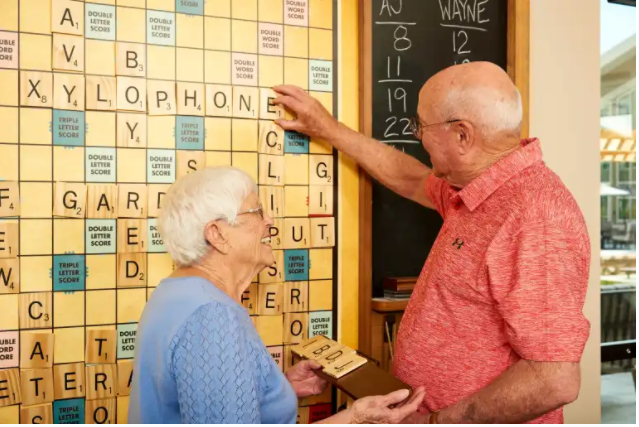Diagnosing Alzheimer’s Disease
While there is not one single test used to definitively diagnose Alzheimer’s, doctors typically use a variety of tools to make a diagnosis. Along with the person’s GP, specialists like neurologists, neuropsychologists, geriatricians and geriatric psychiatrists may all be involved in determining if the patient’s problems are Alzheimer’s or caused by other reasons.
The process starts with a medical workup done by the doctor that includes the person’s history of medical problems as well as any history of psychiatric, cognitive or behavioral problems. It is important to tell the doctor about all current medication including over-the-counter-drugs and supplements the person is taking. Your doctor will also want to know if there is a family history of Alzheimer’s or other cognitive problems.
A physical exam should include a check of reflexes, blood pressure levels and questions regarding sleep patterns, diet, exercise and other lifestyle habits. A structural brain imaging scan such as an MRI or computed tomography is used to rule out damage to the brain from stroke, tumors, head trauma or a build-up of fluid. Blood and urine tests can rule out other reasons for symptoms. The Alzheimer’s Association says common causes of dementia-like symptoms include depression, untreated sleep apnea, delirium, side effects of medications, thyroid problems, certain vitamin deficiencies and excessive alcohol consumption.
The doctor may also use one of several cognitive, functional tests to evaluate the person’s memory, thinking and simple problem solving skills. Professionals state, “There is an urgent need for a simple, inexpensive, non-invasive and easily available diagnostic tool such as blood tests to diagnose the disease.” Currently researchers are experimenting with a variety of tests to enable them to more easily track changes in the brain to identify the disease. At this time, health professionals do not recommend genetic testing for Alzheimer’s.
MorningStar at Observatory Park is getting ready to open its doors to residents. Our beautiful retirement communities offer 60 assisted living suites in a selection of studio to one- and two-bedroom floorplans. For your comfort and convenience, amenities include a full salon, bistro, club rooms, art studio, fitness center and more. For those suffering from Alzheimer’s and other forms of dementia, our Reflections Neighborhood has 23 suites. Please contact us with any questions and to secure your select suite.
Source: alz.org/alzheimers-dementia/diagnosis/medical_tests



















